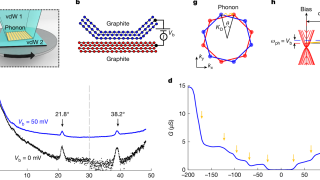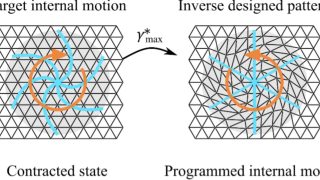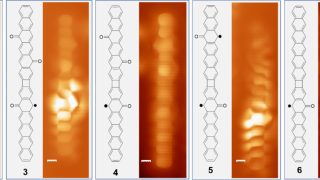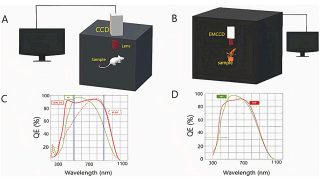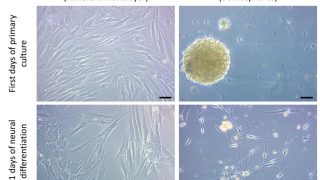
Technology is revolutionizing the search for prime numbers
Author: Jeremiah Bartz, Associate Professor of Mathematics, University of North Dakota A shard of smooth bone etched with irregular marks dating back 20,000 years puzzled archaeologists until they noticed something unique – the etchings, lines like tally marks, may have represented prime numbers. Similarly, a clay tablet from 1800 B.C.E. inscribed with Babylonian numbers describes […]


